How Does A Thermocouple Work? Working Principle And Operation.
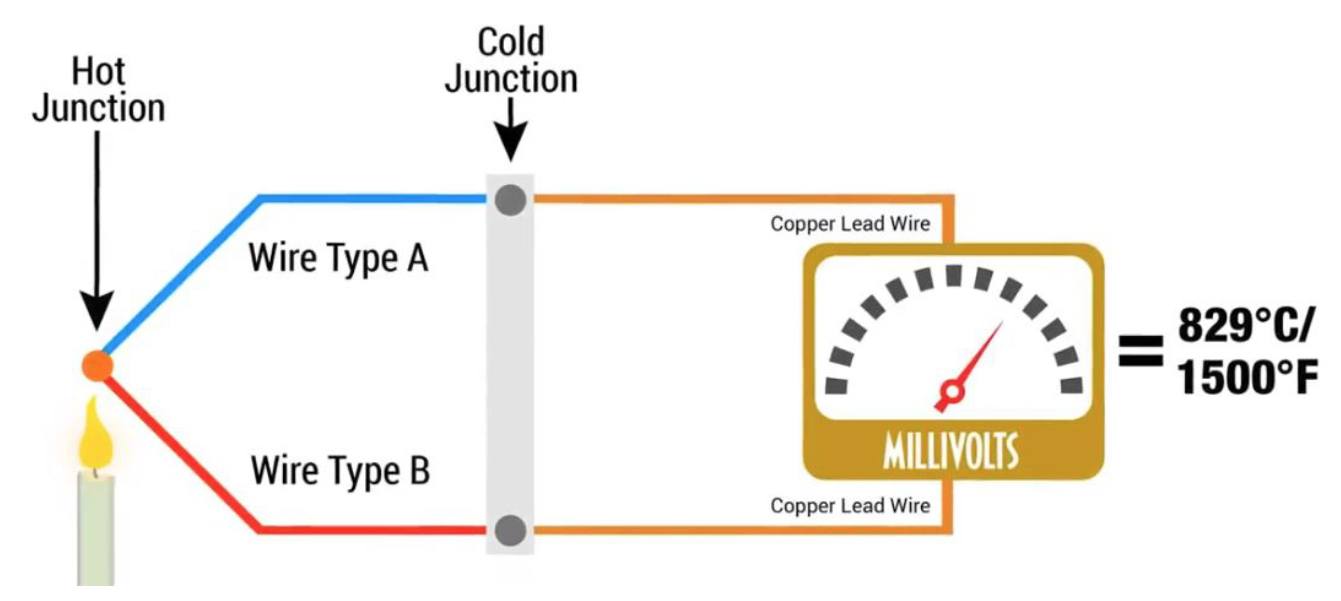
Welcome to our educational series where master technician Herve goes over the difference between a thermocouple and a thermopile. What is it for, what is it.
What is the Difference Between Thermistor and Thermocouple?
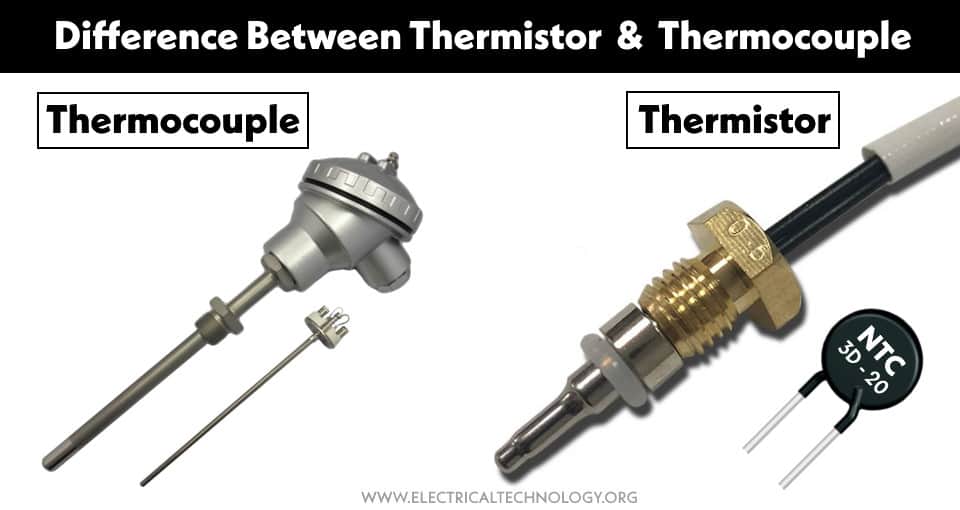
A thermopile is a device that generates electrical voltage by using multiple thermocouples in series, while a thermocouple is a sensor that measures temperature. In a water heater, a thermopile is used to ignite the pilot light, whereas a thermocouple is used to detect whether the pilot light is lit or not.
15 Awesome Gas Fireplace Thermocouple Vs Thermopile Fireplace Ideas
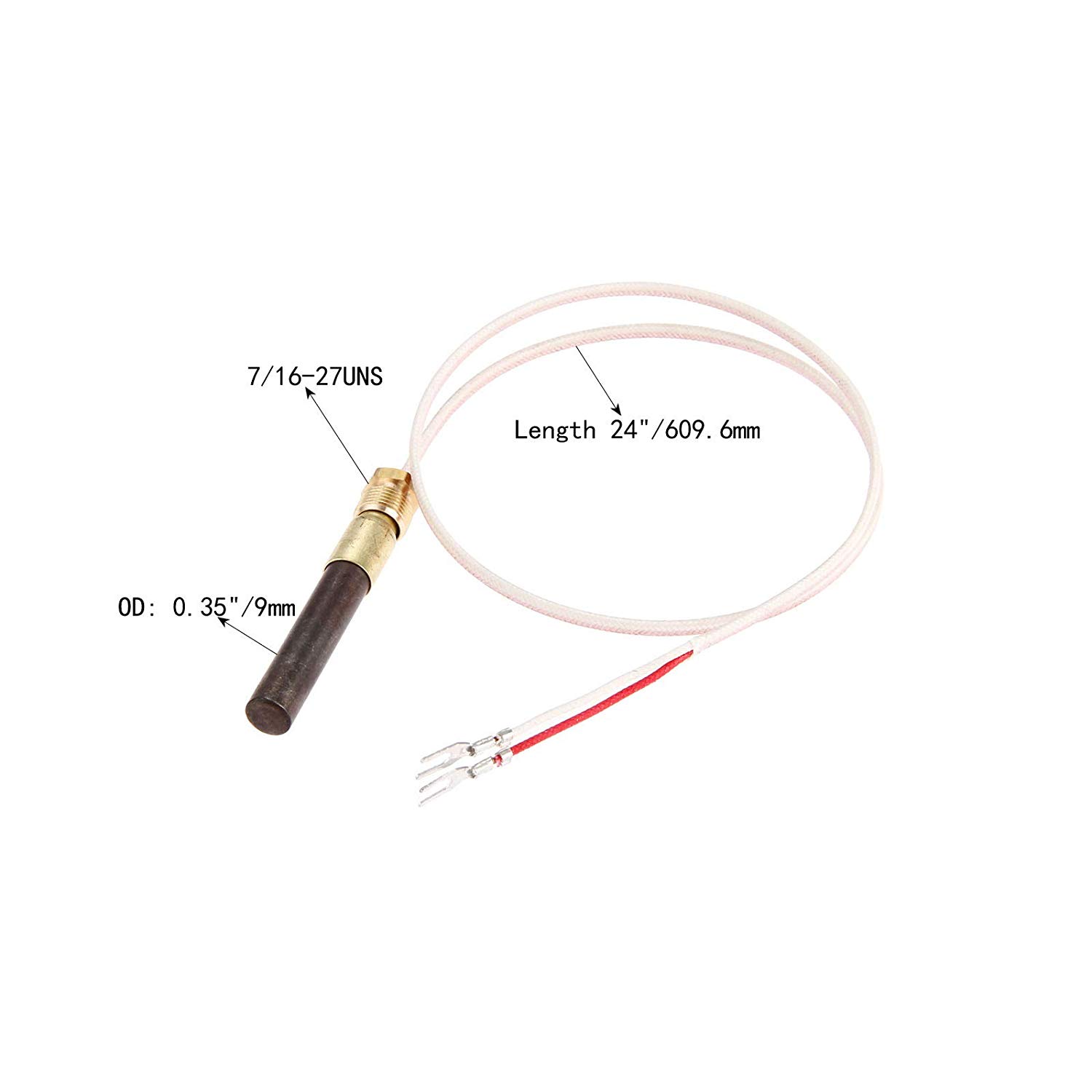
A thermopile is an electronic device that converts thermal energy into electrical energy. [1] It is composed of several thermocouples connected usually in series or, less commonly, in parallel. Such a device works on the principle of the thermoelectric effect, i.e., generating a voltage when its dissimilar metals (thermocouples) are exposed to.
[ Cảm biến nhiệt độ ] Thermocouple là gì ? Loại K, S, B, E, J,
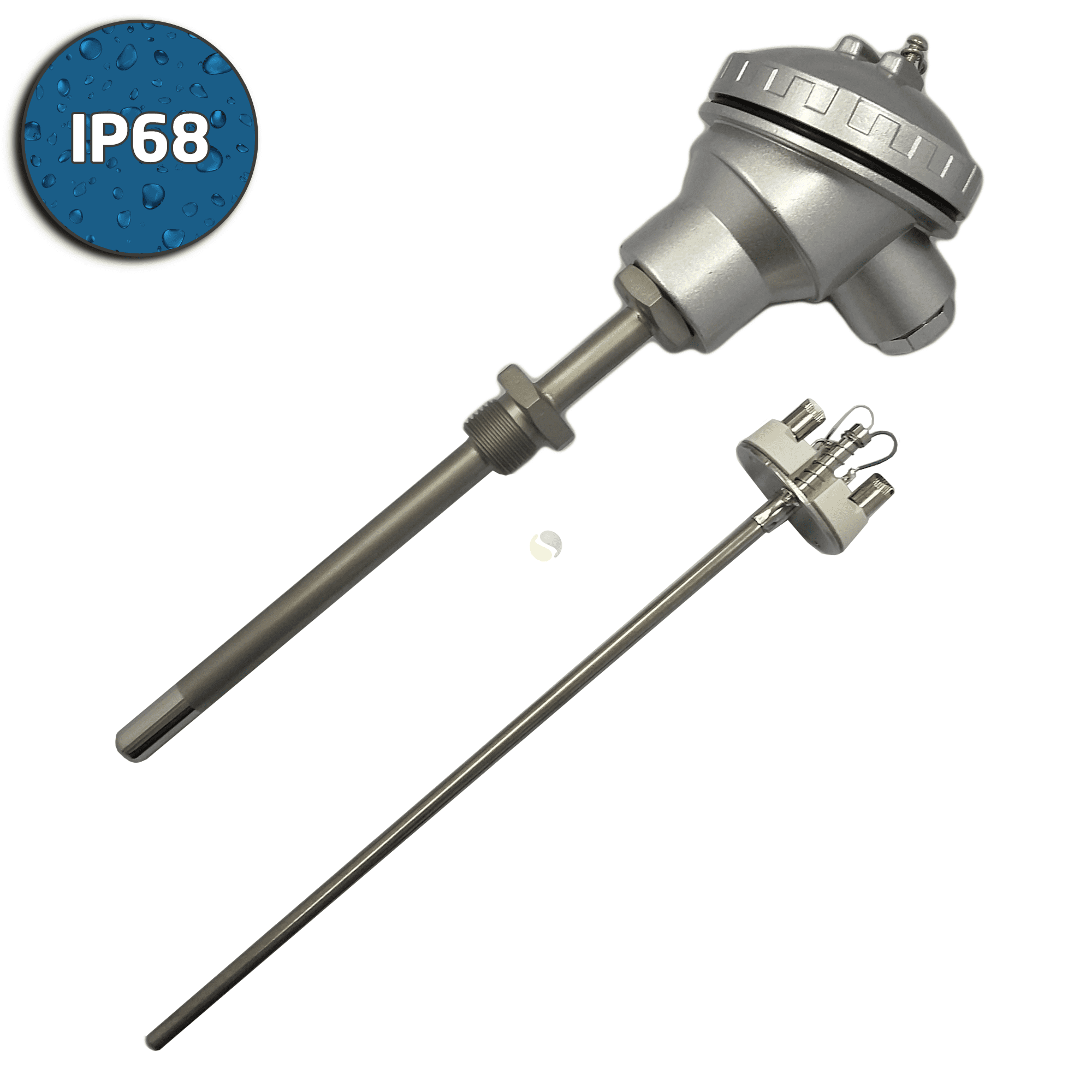
Key Differences: Thermopile vs Thermocouple . Structure. Thermopile: A thermopile consists of multiple thermocouples connected in series or parallel to increase the output voltage. It generates a larger output voltage compared to a single thermocouple. Thermocouple: A thermocouple is a simple device consisting of two different metal wires.
Thermocouple VS Thermopile in Gas Equipment Applications
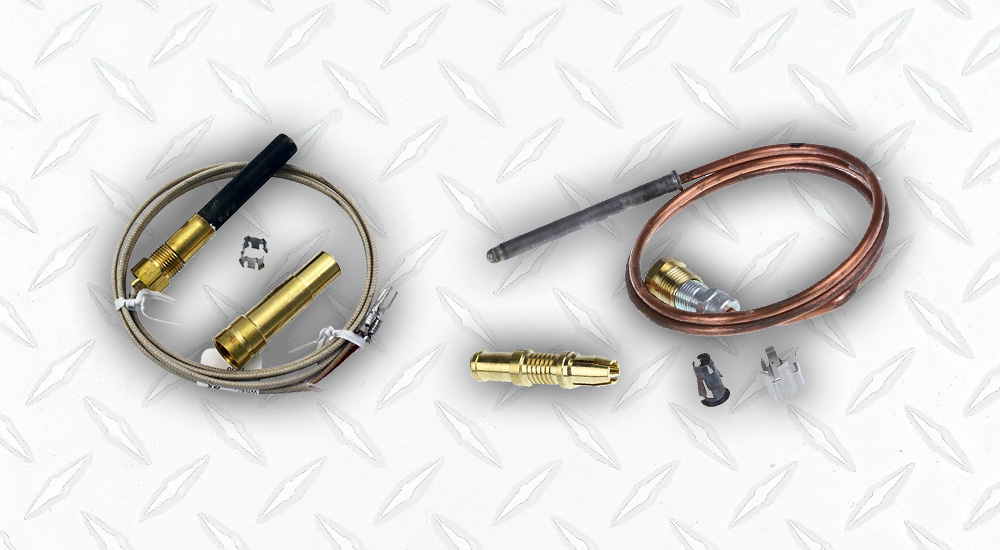
A thermopile consists of nothing more than a series of interconnected thermocouples. Each additional thermocouple placed in a thermopile increases the device's ability to produce electricity. For instance, if a thermocouple generates two volts of electricity, and a thermopile contains four thermocouples, it generates two volts of electricity.
Thermopile vs. Thermocouple The Home Depot
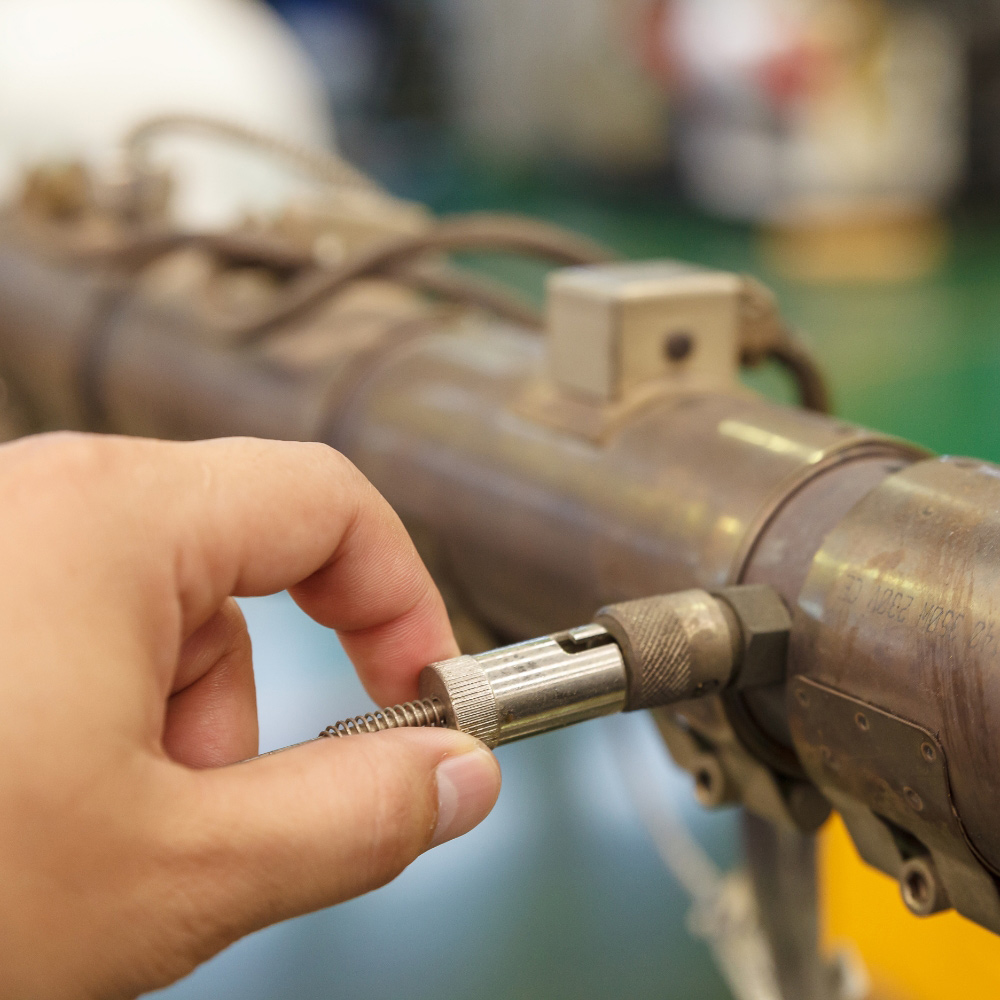
Another difference between a thermopile and a thermocouple is that a thermocouple is a metal junction that, when heated by a pilot flame, creates about 25 mv and holds open an electromagnetic valve, allowing gas to pass as long as there is a pilot. A thermopile in a heating system is an assemblage of several thermocouples that generate roughly.
15 Awesome Gas Fireplace Thermocouple Vs Thermopile Fireplace Ideas
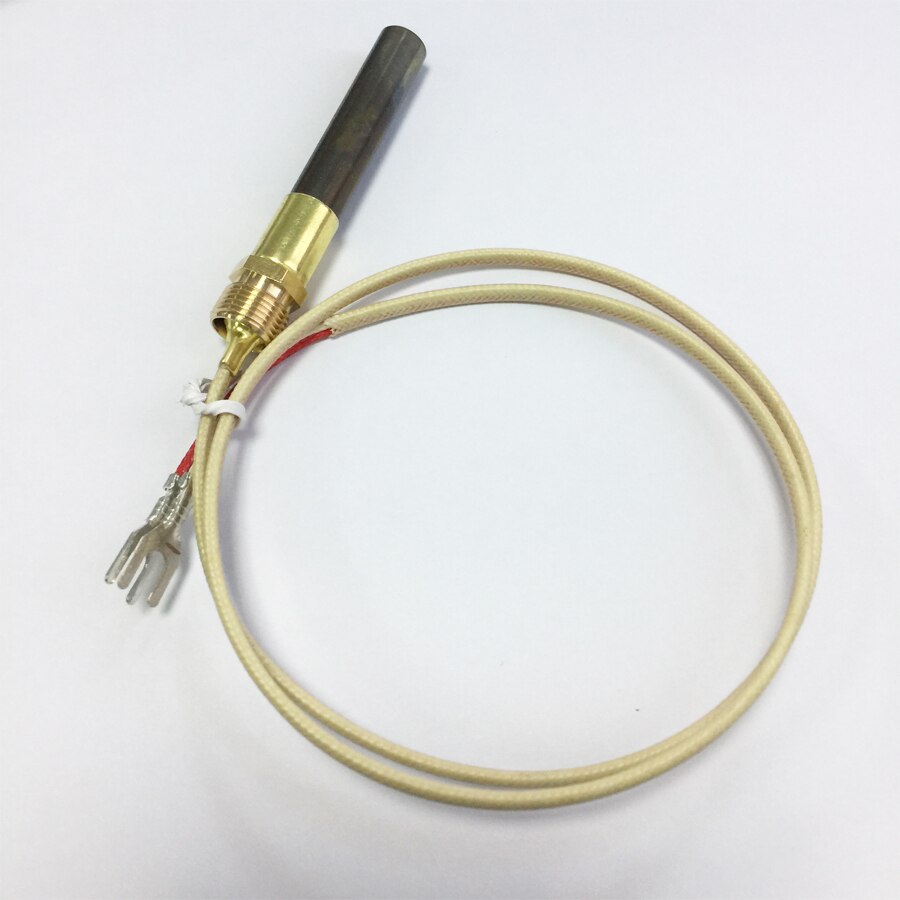
You will find the thermopile in front of the pilot light. The thermopile is an aggregate of thermocouples arranged in a parallel or series layout, while the thermocouple is a pair of wires where energy flows. Both emit millivoltages to start the flame in a gas fireplace. A gas fireplace may have a thermopile, a thermocouple, or both.
Thermopile vs. Thermocouple The Home Depot
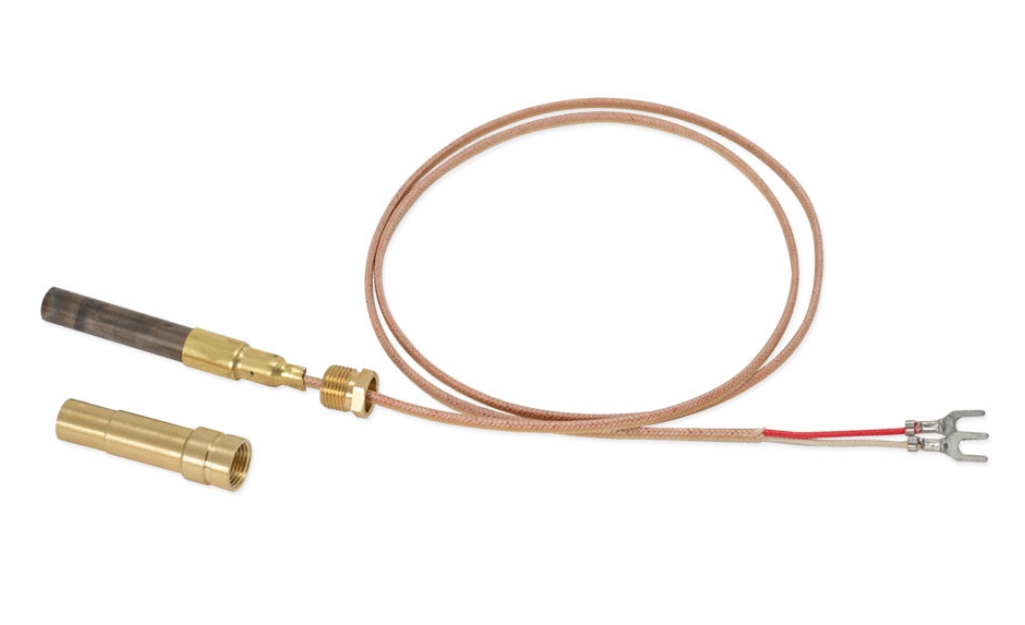
thermocouple vs. thermopile more precise, you should consider that both thermocouples and thermopiles should employ a system that modifies the voltage of the wire to a temperature output when utilized to sense the temperature. 6 /9 Thermopiles can be employed to measure the temperature variation from their junction
15 Awesome Gas Fireplace Thermocouple Vs Thermopile Fireplace Ideas
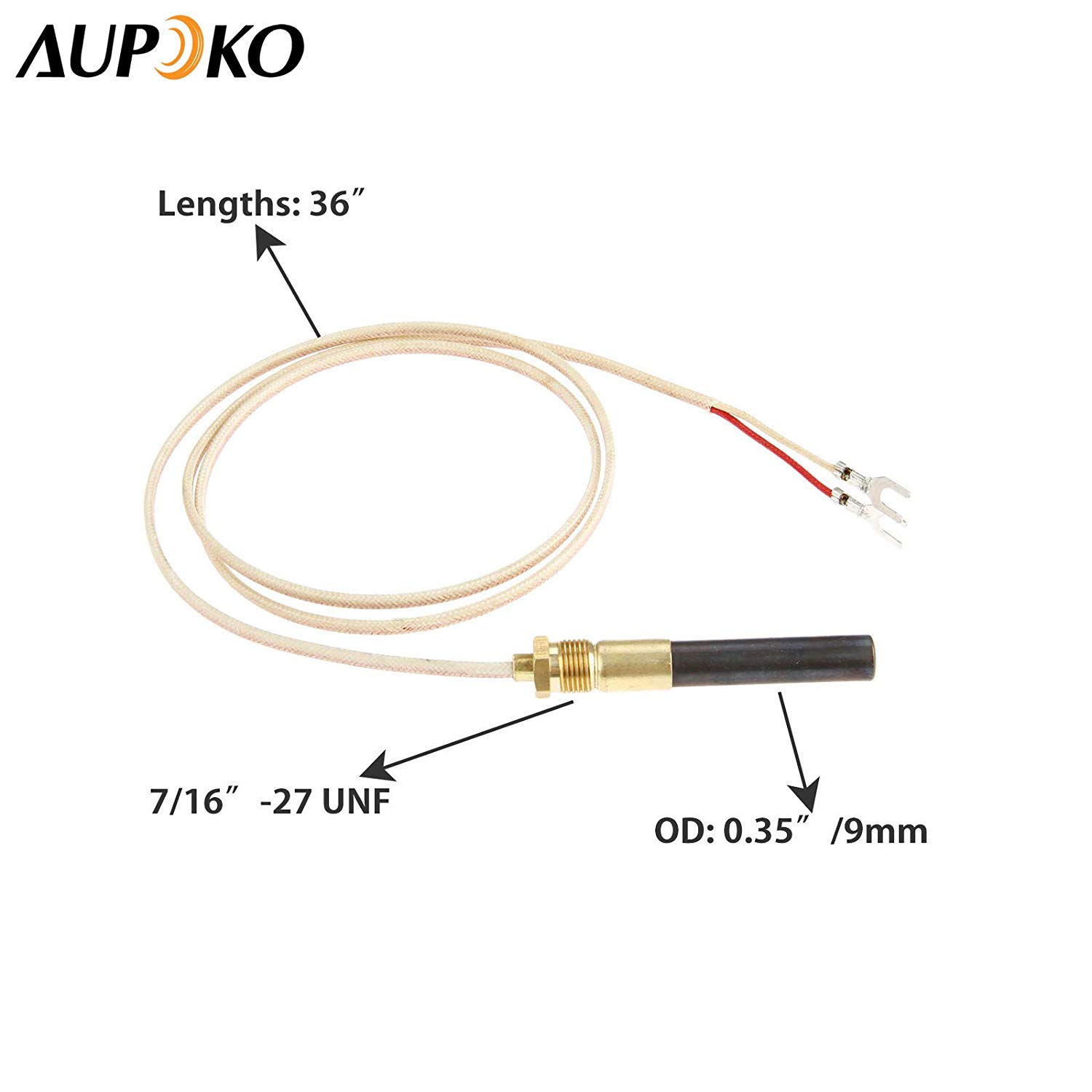
This page compares Thermocouple vs Thermopile sensor and mentions difference between Thermocouple and Thermopile sensor. Thermocouple and its types. The electrical device made of two dissimilar conductors forming electrical junctions at different temperatures is known as thermocouple. It produces voltage which is dependent on temperature.
Thermopile vs. Thermocouple The Home Depot
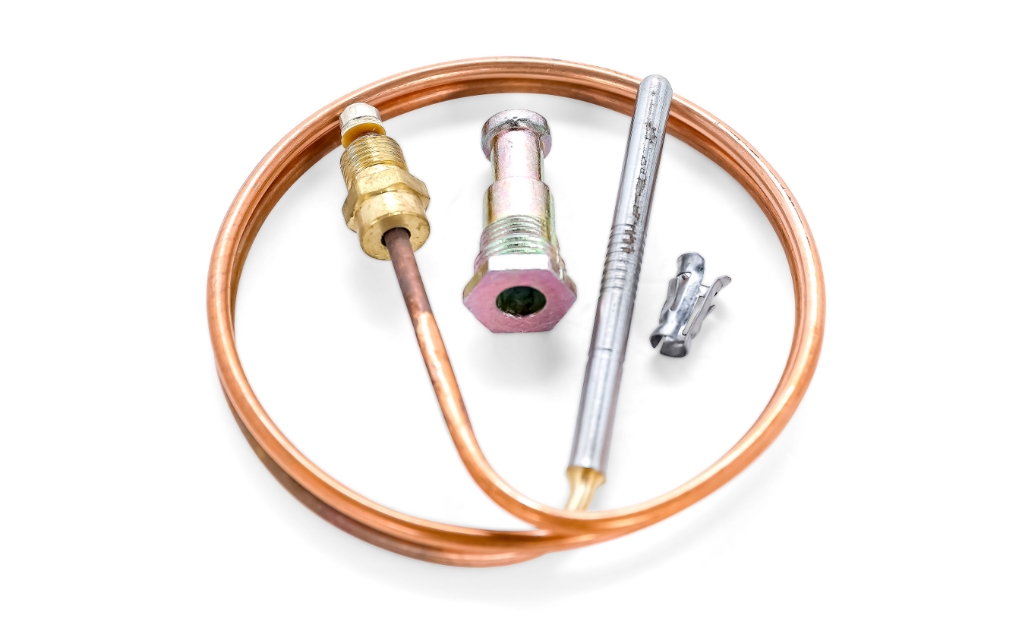
As nouns the difference between thermocouple and thermopile is that thermocouple is a transducer consisting of two different metals welded together at each end; a voltage is produced that is proportional to the difference in temperature between the two junctions (one of which is normally held at a known temperature while thermopile is an electronic device that converts thermal energy into.
Removing Thermocouple Gas Fireplace Fireplace Ideas
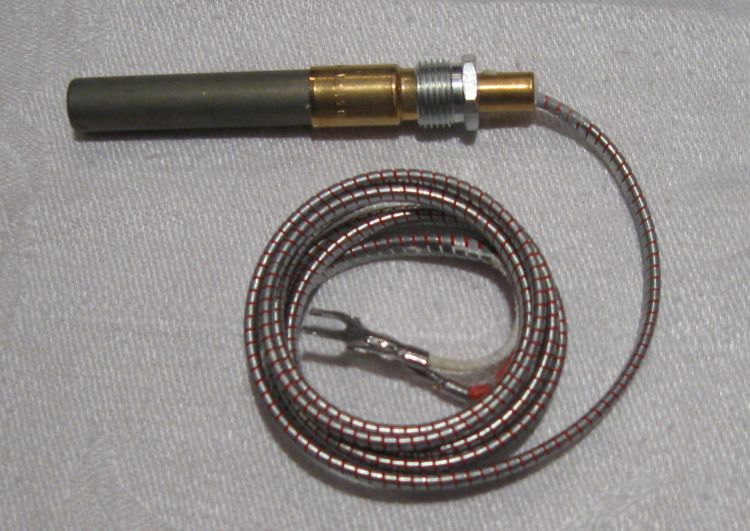
The measurement range for a thermopile device is from -10°C to +700°C while that for a thermocouple only goes up to 100°C. Thermopiles are more accurate than thermocouples. Thermopiles are at a high level of precision than a thermocouple. A thermocouple is less expensive when compared to a thermopile. Thermopile has more number of elements.
Thermopile vs Thermocouple YouTube

Thermocouple vs. Thermopile - What's the Difference? Thermocouple vs. Thermopile is a controversial subject in the field of measurement. Both the thermocouples and thermopiles employ the thermoelectricity principle to produce electricity by sensing the temperature. These instruments appear in various conditions, including applications like.
15 Awesome Gas Fireplace Thermocouple Vs Thermopile Fireplace Ideas
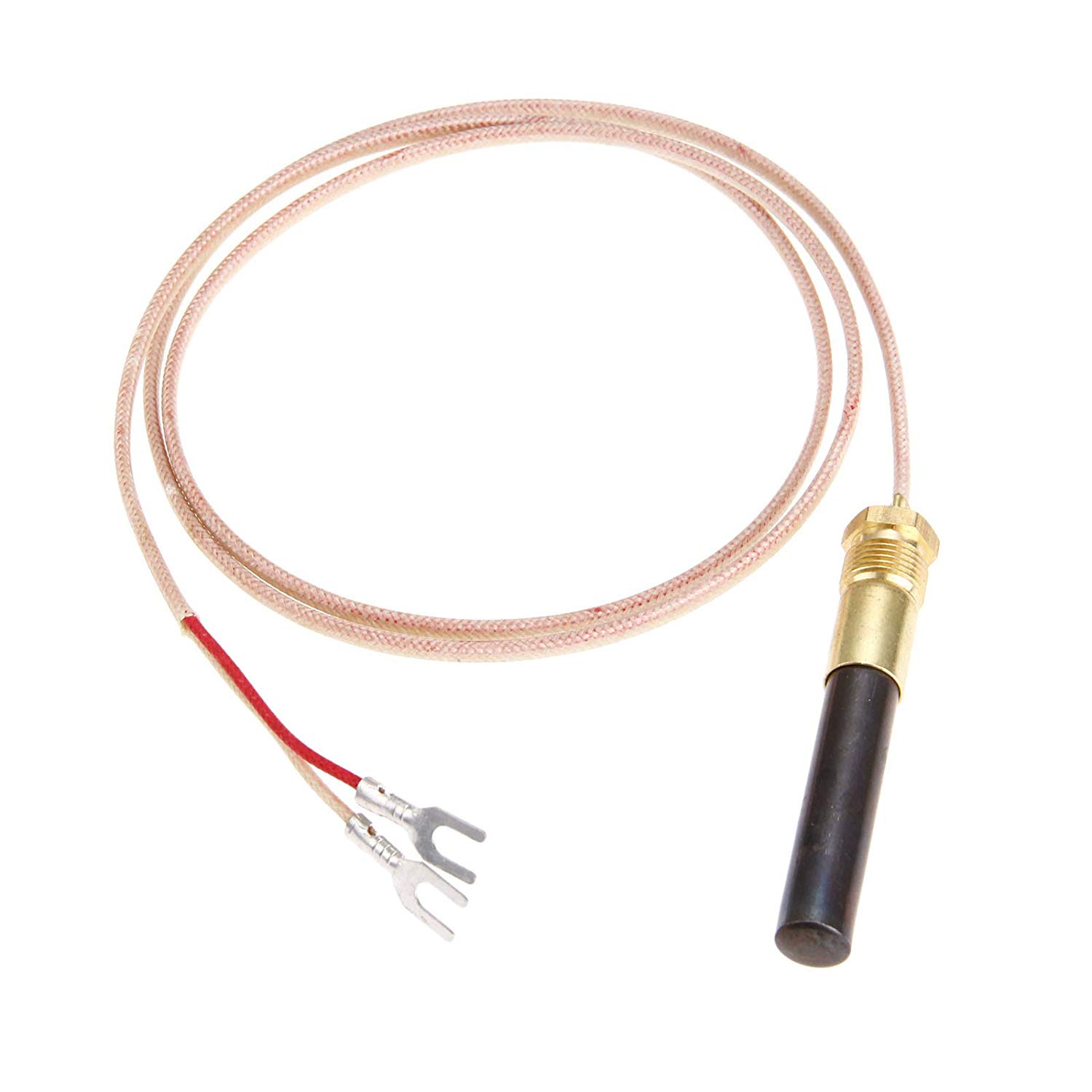
Here we have gathered the fundamental difference between a thermopile and a thermocouple that will be helpful to know and learn for a technician. Size - Thermocouple have a thin construction while a thermopile is thicker in size. Voltage - While both devices can detect temperature, but a thermocouple has a lower temperature range than a.
Thermocouple vs. Thermopile A Complete Comparison Linquip
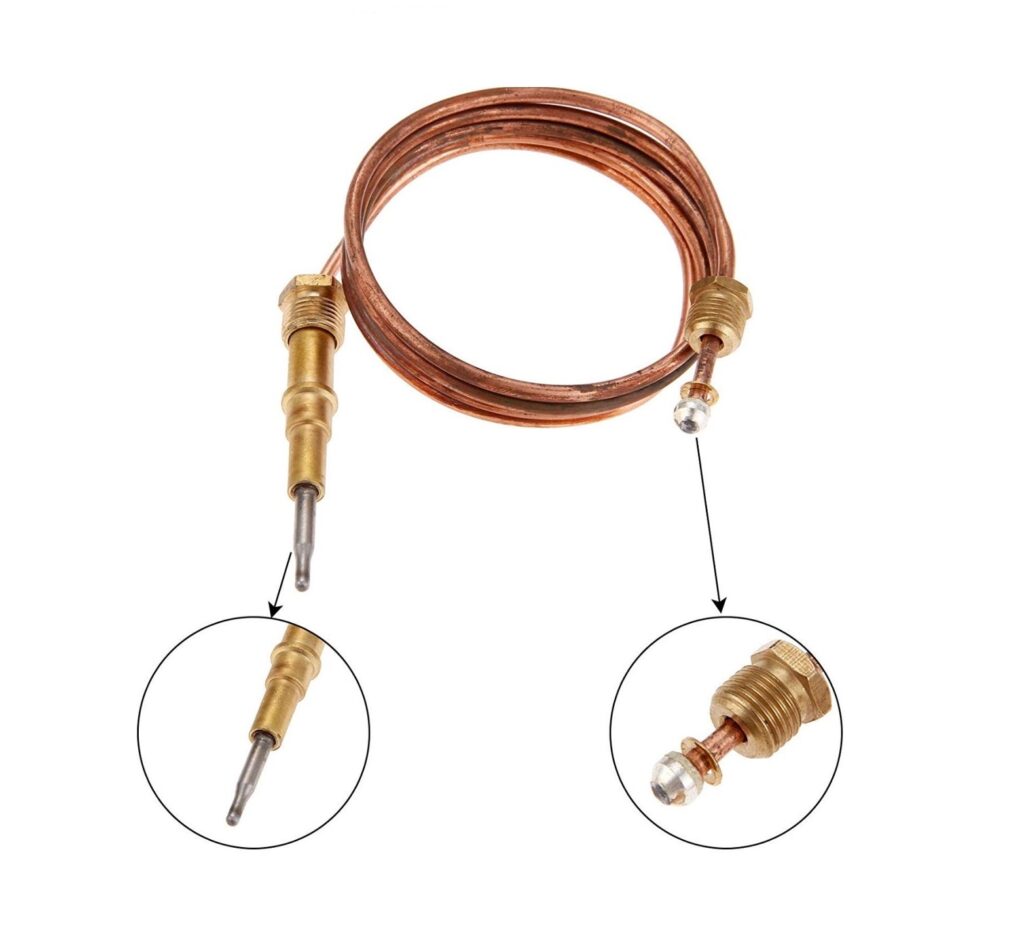
A thermopile is an electronic device that converts thermal energy into electrical energy. It is composed of several thermocouples connected usually in series or, less commonly, in parallel. Thermocouples operate by measuring the temperature differential from their junction point to the point in which the thermocouple output voltage is measured.
Thermocouple Questions and Answers Temperature Measurement
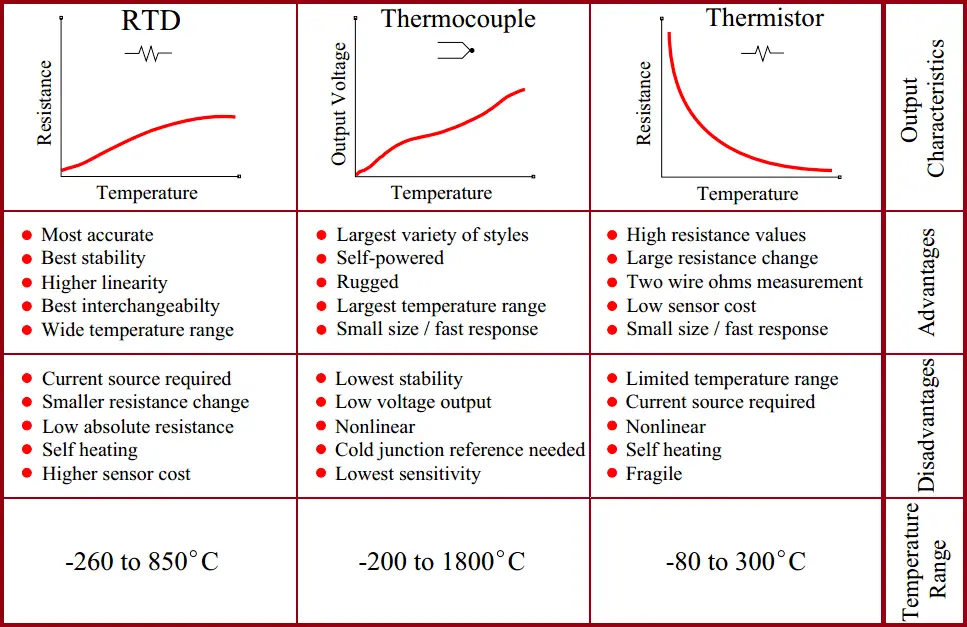
The thermocouple is a thermoelectric instrument, while the thermopile is an instrument that modifies thermal energy into electrical output. This post presents a fundamental comparison to explore the Thermocouple vs. Thermopile sensor completely and provides the main differences between Thermocouple and Thermopile working principles.
15 Awesome Gas Fireplace Thermocouple Vs Thermopile Fireplace Ideas
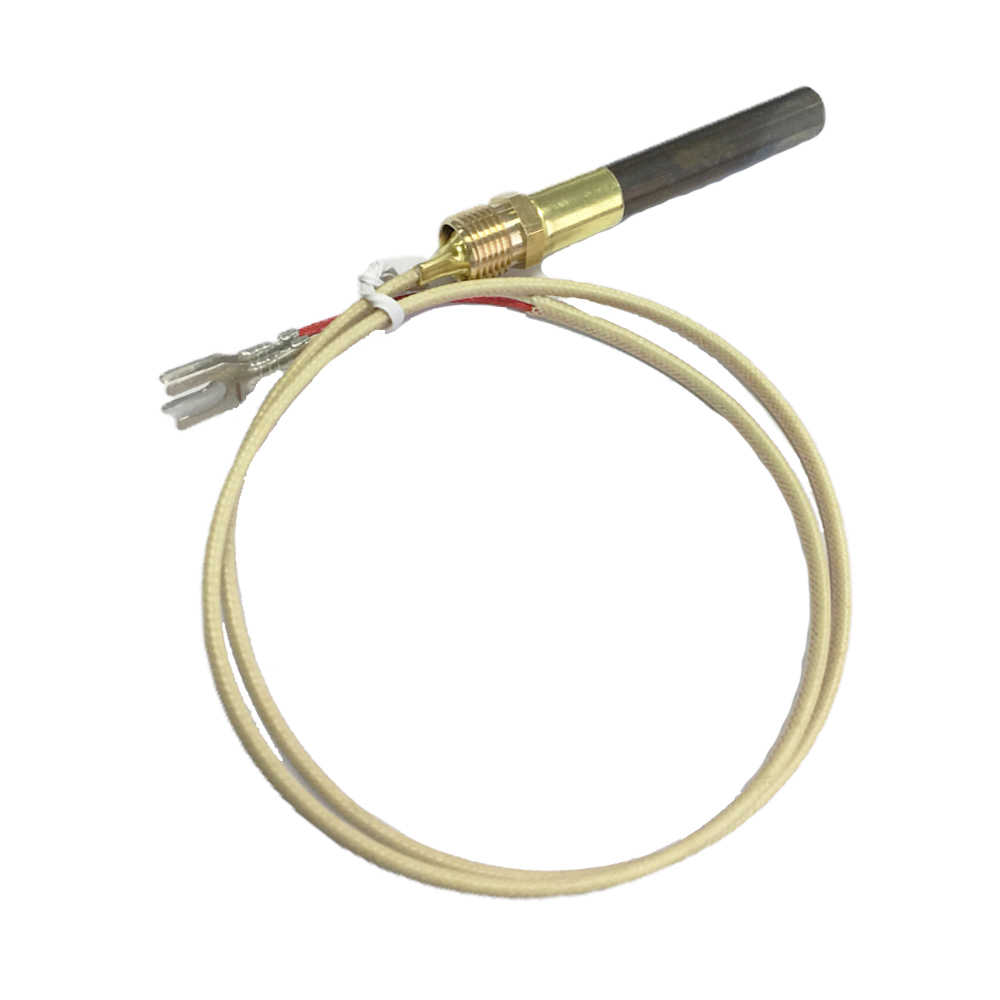
Thermopile vs. Thermocouple. Difficulty. Intermediate. Duration. Under 2 hours. Thermopiles and thermocouples are two types of temperature sensors commonly used in industrial, commercial and scientific applications. Both devices measure the temperature of a system, but they differ in their construction, working principles and applications.